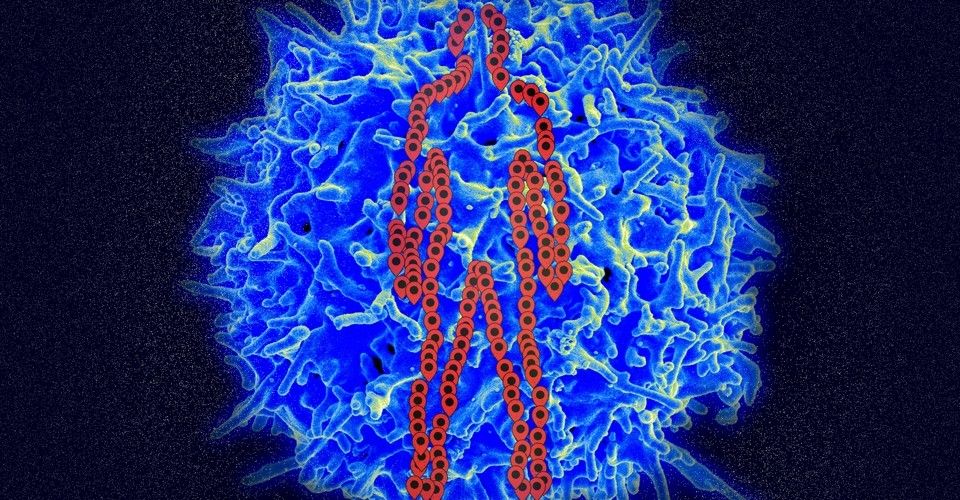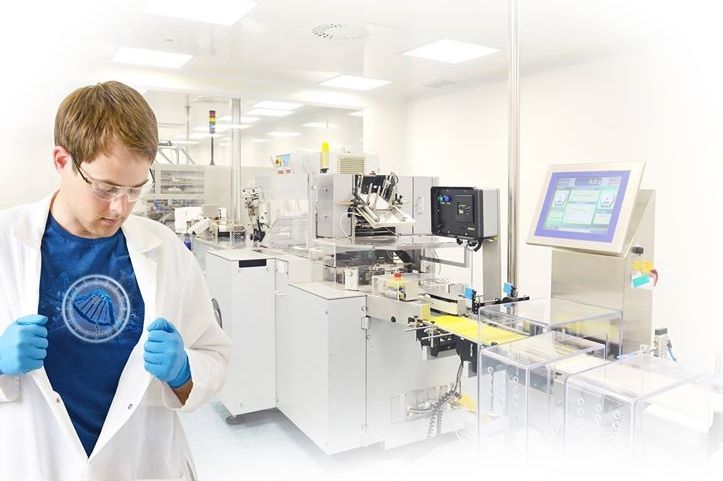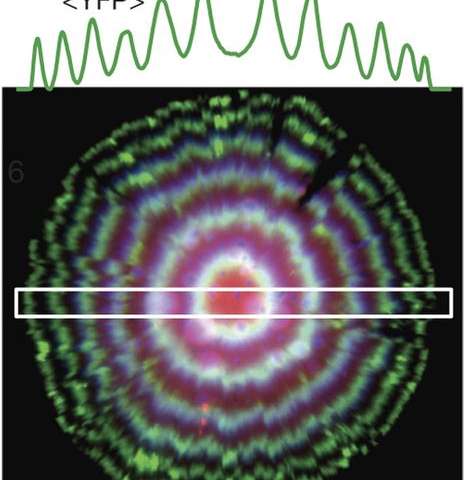Archive for the ‘biotech/medical’ category: Page 2527
Oct 16, 2016
Augmented Reality In Healthcare Will Be Revolutionary
Posted by Elmar Arunov in categories: augmented reality, biotech/medical

Augmented reality is one of the most promising digital technologies at present – look at the success of Pokémon Go – and it has the potential to change healthcare and everyday medicine completely for physicians and patients alike.
Oct 16, 2016
Zymergen – Synthetic Organisms Built by Robots and AI
Posted by Karen Hurst in categories: bioengineering, biotech/medical, robotics/AI
When you read about what some startups are doing these days it seems like you’re reading a sci-fi book. Earlier this year we published an article titled “3 Companies Building Nanorobot Companies” and we talked about using software, robots, and synthetic biology to engineer synthetic organisms (essentially nanorobots) that can be used to create efficiencies. According to BCC Research, the global market for microbes and microbial products was projected to approach $154.7 billion in 2015 and almost double to $306 billion by 2020. Healthcare is largest consumer of microbes (61%) followed by energy (24%) and manufacturing (13%). The massive size of the microbe industry is just begging for a bit of disruptive technology to address it and that’s exactly what Zymergen is getting up to.
![]()
Founded in 2013, San Francisco startup Zymergen has taken in a total of $174 million from a whole slew of investors that include Draper Fisher Jurvetson and Softbank. Their most recent funding round of $130 million closed just last week and was led by Softbank, a publicly traded Japanese technology conglomerate. This should come as no surprise considering Softbank has recently announced their intention to become the world’s number one technology investor with up to $100 billion allocated to investing in future technology companies.
Oct 16, 2016
CRISPR-Cas9: Reagent selection to experimental optimization
Posted by Dan Kummer in categories: bioengineering, biotech/medical
A webinar presented by: James Goldmeyer, PhD
The use of CRISPR-Cas9 for gene editing has opened up many new avenues for scientific exploration around gene function. The rapid expansion of the field has led to a wide range of technology formats for use in both gene knockout and precision knockin genome engineering experiments. The seemingly ever-increasing toolset has also led to a widening knowledge gap for newcomers to the field to overcome in determining the proper reagents for performing experiments.
During this webinar we will discuss the basics of CRISPR-Cas9 gene editing and the key criteria and decision points in selecting reagents based on your desired application. We will review all types of guide RN…A and Cas9 nuclease formats and discuss the advantages and disadvantages of each.
Oct 15, 2016
Brain implant provides sense of touch with robotic hand – and that’s just the start
Posted by Elmar Arunov in categories: biotech/medical, computing, robotics/AI
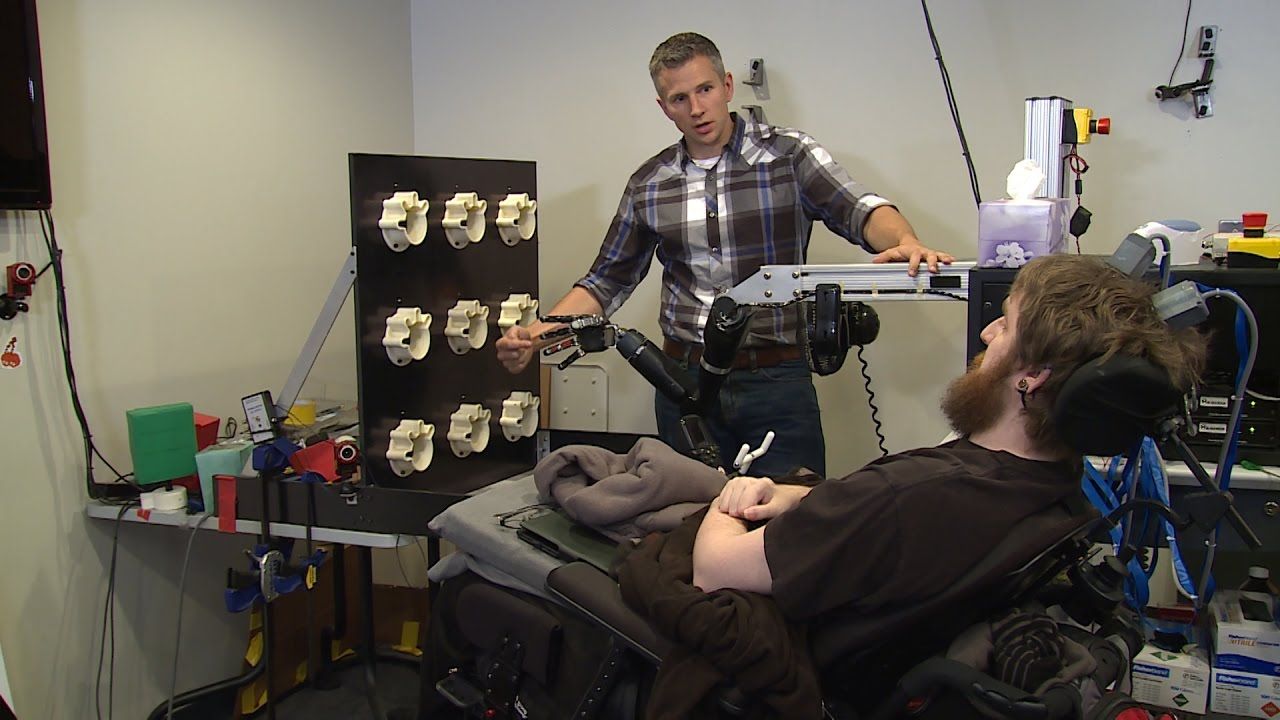
A dozen years ago, an auto accident left Nathan Copeland paralyzed, without any feeling in his fingers. Now that feeling is back, thanks to a robotic hand wired up to a brain implant.
“I can feel just about every finger – it’s a really weird sensation,” the 28-year-old Pennsylvanian told doctors a month after his surgery.
Oct 15, 2016
Scientists may have identified the genes responsible for ageing
Posted by Karen Hurst in categories: biotech/medical, life extension, neuroscience
Researchers have discovered a link between a protein and aging
A protein found within the powerhouse of a cell could be the key to holding back the march of time, research by scientists at The University of Nottingham has shown and the discovery could offer a new target for drugs that may help to slow the debilitating effects of ageing on our bodies.
Their research, published in the academic journal Aging, could have special significance for combatting age related decline and halting the progression of neurodegenerative conditions such as Alzheimer’s and Parkinson’s Disease.
Continue reading “Scientists may have identified the genes responsible for ageing” »
Oct 15, 2016
Expert says the key to living longer is our RNA
Posted by Karen Hurst in categories: biotech/medical, life extension
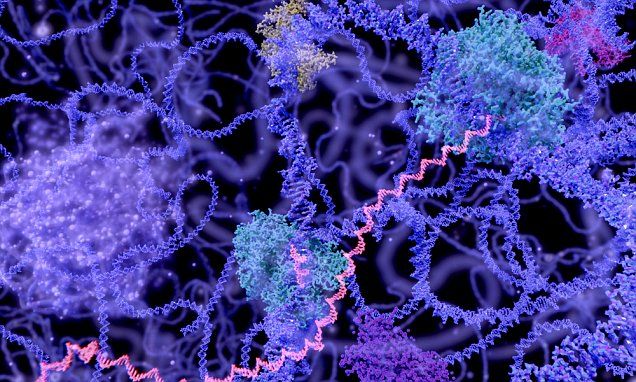
Wonder if my friends Alex and Ray have read this.
An expert at the University of California discusses how spliced RNA could decipher ‘normal’ aged cells from pre-cancerous and cancerous ones, which could lead to detecting aging cells.
Continue reading “Expert says the key to living longer is our RNA” »
Oct 15, 2016
Brain-fixing injectable wires will soon be tested on humans
Posted by Karen Hurst in categories: biotech/medical, computing, health, neuroscience
Could this finally help suppress and maybe even eliminate MS, Dystonia, Parkinson and other central nervous system disfunctions?
Last year, a team of Harvard University researchers revealed that they created a wire mesh doctors can inject into the brain to help treat Parkinson’s and other neurological diseases. They already successfully tested it on live mice, but now that technology is ready for the next stage: human testing. The mesh made of gold and polymers is so thin, it can coil inside a syringe’s needle and doesn’t need extensive surgery to insert. Once it’s inside your head, it merges with your brain, since the mesh has spaces where neurons can pass through.
A part of it needs to stick out through a small hole in your skull so it can be connected a computer. That connection is necessary to be able to monitor your brain activity and to deliver targeted electric jolts that can prevent neurons from dying off. By preventing the death of neurons, which triggers spasms and tremors, the device can be used to combat Parkinson’s and similar diseases. Eventually, the wire mesh could come with an implantable power supply and controls, eliminating the need to be linked to a computer.
Continue reading “Brain-fixing injectable wires will soon be tested on humans” »
Oct 15, 2016
The Astonishing Healthcare Tech of the Future Is Arriving
Posted by Karen Hurst in categories: biotech/medical, singularity
This week in San Diego, Singularity University hosted its annual Exponential Medicine conference. The conference aims to connect the dots between healthcare disciplines and cutting-edge tech by convening medical practitioners, technologists, entrepreneurs, and over 80 expert speakers from the field.
It’s easy to say “healthcare is broken” and call it a day, but a quote from brilliant thinker Maria Popova reminds us of the power of optimism to create change:
Oct 15, 2016
Researchers improve accuracy of synthetic clock
Posted by Karen Hurst in categories: bioengineering, biotech/medical, genetics
Nice.
(Phys.org)—A team of researchers with Harvard University and the University of Cambridge has successfully improved the accuracy of a synthetic clock known as a repressilator. In their paper published in the journal Nature, the team describes the steps they took to reduce the amount of noise in the biological system and how well it worked. Xiaojing Gao and Michael Elowitz with the California Institute of Technology offer a News & Views piece on the work done by the team and explain how their results could improve understanding of natural gene circuits.
Scientists have noted the high precision that some living cells demonstrate in keeping track of time, such as those that are part of the circadian clock, and have tried to duplicate the process. Sixteen years ago, Michael Elowitz and Stanislas Leibler developed what is now known as the repressilator—a synthetic oscillating genetic circuit. Their results demonstrated that it was possible for genetic circuits to be designed and built in the lab. The resulting circuit functioned, but was noisy, and therefore much less accurate than natural cell clocks. In this new effort, the researchers improved several of the design steps of the repressilator, each greatly reducing the amount of noise, and in so doing, increased the precision.
Continue reading “Researchers improve accuracy of synthetic clock” »
